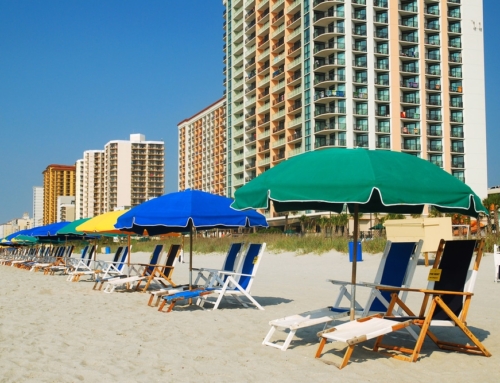Is it still a good time to buy a house even though inventory is low, interest rates are rising and home prices are trending up?
Wouldn’t you know it: There are still buyers wondering if now is still a good time to buy a house. Now, when inventory is extremely low, mortgage interest rates are starting to rise and home prices have seen huge price jumps in many markets.
And yet, there are some who believe there may be a price advantage to waiting a few more months, until we get into the fall and even winter season. But more on that in a moment.
There’s no question that the real estate market is healthier than it has been in years, but the headlines aren’t quite giving consumers the whole story. While existing home sales, new construction sales, and home prices are trending up, they are still below their prerecession peaks, notes Amy Crews Cutts, senior vice president and chief economist for Equifax.
Single family housing starts are still down around 60 percent from the prerecession peak, while existing home sales are still down about 38 percent and prices are down roughly 20 percent.
“Even with large percentage gains in housing measures, all major indices of housing market vitality point to a long recovery yet to come,” she said in a live webinar on the housing market hosted by Ilyce. (Full disclosure: Ilyce also serves as the managing editor for the Equifax Finance Blog.)
What’s keeping the housing market depressed isn’t a lack of buyers, but a lack of inventory. There simply aren’t enough houses for home buying. Home builders can’t build homes fast enough: There aren’t enough building materials in some communities and others are experiencing a shortage of construction workers.
This lack of inventory is starting to push up prices and is making the market move much more quickly, notes Steve Cook, editor of Real Estate Economy Watch, and the former head of public affairs for the National Association of Realtors.
At the same time, mortgage interest rates have jumped up more than a half a percentage point in the last few weeks, even as the Federal Reserve Bank has continued buying Treasures and mortgage-backed securities at the rate of $85 billion per month.
This week, the stock market was thrown into turmoil when the Federal Reserve hinted that it may begin to cut back as the economy looks to improve and wind down the program entirely within a year. The stock market has more than doubled since 2009, benefitting enormously from the historic low interest rates, but has fallen nearly 5 percent just this week. Economists project the Federal Reserve may decrease its bond-buying by $20 billion per month, starting in September.
If the Federal Reserve stops buying bonds, yields will fall and prices (which move in inverse reaction) will rise. That means mortgage interest rates will rise further, Cutts said. “But you have to keep it in perspective. In 2012, we hit this interest rate level for the first time in history and we were celebrating,” she added.
Rising interest rates could mean home prices will slow down, notes Jed Kolko, Trulia’s chief economist.
“Of course, slower price gains are a good thing if it prevents us from getting back into bubble territory. Anyone even a little bit worried about a new housing bubble forming should be happy that the Fed is easing rates back up,” Kolko added.
Even so, home affordability is near a record high. Which means now is the best time to buy a house, unless you want to bet that interest rates will hold where they are now into the beginning of next year. Cutts said that home prices may fall slightly as buyer demand dips seasonally. That could mean a price cut of as much as 1 to 3 percent, a not insignificant number if you’re buying a $100,000 to $300,000 house.
But if interest rate jump another half percentage point, you may lose that price advantage to higher interest rates and monthly payments.
Still, the question of whether now is the time to buy a house (whether to live in or as an investment) comes down to one salient point: Is it the right time for you?






Leave A Comment